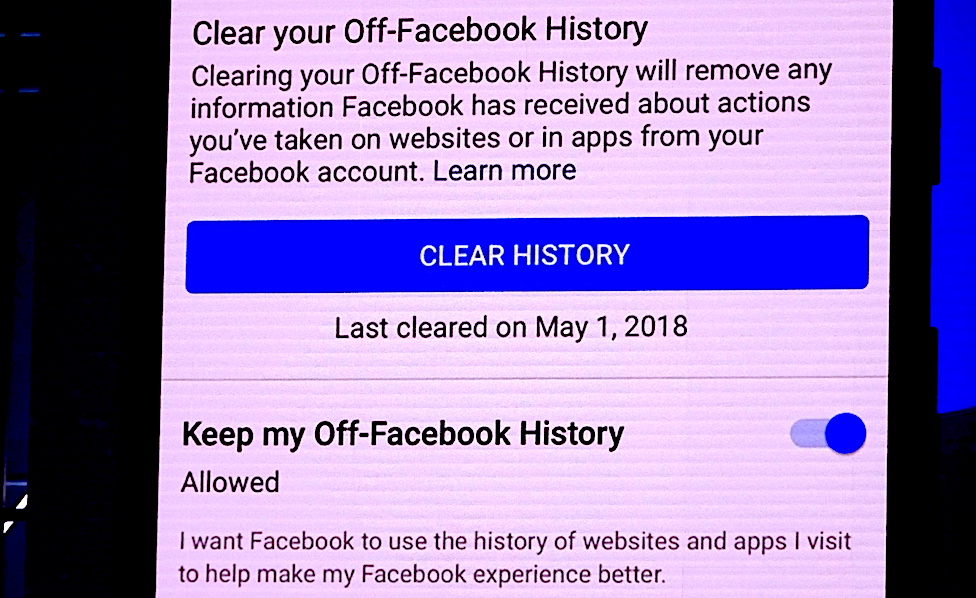 APPS
APPS
 APPS
APPS
 APPS
APPS
Still smarting from intense criticism of user data breaches, Facebook Inc. Chief Executive Mark Zuckerberg today sought to patch up relations with one of its most important constituencies: software and website developers.
Zuckerberg (pictured) opened his keynote today at the company’s annual F8 conference for developers in San Jose, California, with a rerun of his recent apologies for those data breaches and other issues such as fake news and Russian interference in elections via inflammatory posts that stretch years back. But this time, it was his turn to apologize to developers for the recent limitations it has imposed that have angered some of those developers.
“I know it hasn’t been easy being a developer these past couple months, and that’s probably an understatement,” Zuckerberg said. “This has been an intense year. I can’t believe we’re only four months in.”
Zuckerberg positioned developers as central to the effort to make sure Facebook and his services are used for good. “More of our technology is going to need to focus on people and our relationships,” he said. “If we don’t work on this, the world isn’t moving in this direction by itself. That’s what we are all here to do.”
Oh, and the company also did its usual F8 thing, announcing several new products and services.
Chief among them: The $199 Oculus Go is shipping today. The low-end virtual reality device will open up VR to the masses, Zuckerberg said. All the developers attending F8 will get a free one, news that drew loud cheers from the audience. There are also several improved services, including Oculus TV for watching TV in VR; and Oculus Rooms, where people can do things such as watch 3-D movies, listen to music and play board games with others; and Oculus Venues for taking part in live events in VR.
The new announcements also included augmented reality and language translation features for its Messenger service. It also announced a new Groups tab to the Facebook app to make them more central, and offering a Join Group button that companies can add to their websites.
It also announced another new service that allows users to create dating profiles on Facebook — “not just hookups,” Zuckerberg hastened to add in an oblique reference to Tinder. That could raise privacy issues anew, he conceded, but he said the profiles wouldn’t be visible to friends and will only suggest people who aren’t one’s friends.
Other Facebook apps got some new features, too: an improved Explore feature and video chat on Instagram and group video calling on WhatsApp.
Yet another coming new service relates, once again, to data usage. The company announced just before F8’s opening that it plans in the next several months to build something called Clear History (below). It will allow users to see the apps and websites that send information to Facebook when users visit them, delete that information, and bar Facebook from storing the info in relation to users’ accounts. The company will continue to give apps and websites aggregated analytics so they can tell, for instance, if women in their thirties like the app more than other kinds of people, but it won’t provide information on individuals.

The company has been reeling from widespread criticism of its handling of user data in recent months. In particular, the British political consulting firm Cambridge Analytica used data from some 87 million Facebook users mostly unbeknownst to them to target campaign ads, in particular for now President Donald Trump. Zuckerberg spent two long days recently answering questions about that and other data issues before several congressional committees.
Last week, Facebook clamped down on a number of uses of its data, barring developers from taking a number of actions on Facebook on behalf of users. For example, they will no longer be able to RSVP to events on behalf of Facebook users or publish posts on Facebook as the logged-in user, among a raft of other new limitations.
How far it’s going is a little unclear, especially in light of WhatsApp co-founder and CEO Jan Koum’s departure revealed Monday, which appeared to revolve around disagreements on data privacy. Indeed, Zuckerberg told Wired in an extensive interview published today that it will take Facebook three years to “fix Facebook,” which the CEO said in January would also be his personal goal for the year.
In any case, though, those limitations have angered developers, who depend on that use of data to power their services. So instead of using F8 solely for its usual purpose of touting new technologies and developer tools, the company had a lot of questions to answer as it seeks to balance the demands of developers, users and, now, government agencies.
Still, developer anger wasn’t broadly apparent at Zuckerberg’s keynote, which drew cheers multiple times as he launched into announcing new features. That’s partly because Facebook needs those developers, so it sought to mollify them. For instance, besides the free Oculus Go, it has reopened app reviews after pausing them in the wake of the Cambridge Analytica scandal.
One developer, Christian Brucculeri, chief executive of Snaps Media Inc., an enterprise chatbot platform for conversational marketing, told SiliconANGLE that he thinks most established developers using Facebook services understand that one of the appeals of the platform for advertisers is that the company provides “good guardrails” that generally don’t annoy users. That should keep the vast majority onboard, he said.
The upshot is that despite the new limitations on developers, this week’s F8 seems likely to cement that relationship if for no other reason than that developers need Facebook at least as much as it needs them.
THANK YOU